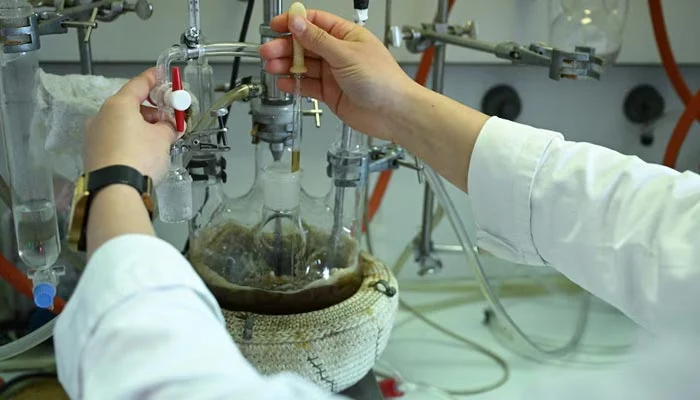Europe’s Chemical Industry Hit Hard as US Tariffs Shake Global Trade
September 3, 2025
Europe’s chemical producers are facing a fresh wave of disruption as new US import tariffs weigh on global trade, forcing customers to delay orders and denting demand in a sector already weakened by the 2022 energy crisis.
The chemical industry — Europe’s fourth-largest exporter after machinery, automotive, and pharmaceuticals — has struggled with soaring energy costs following Russia’s invasion of Ukraine. Sluggish demand across key industries has also led to site closures and job cuts, further pressuring the sector valued at $767 billion.
US Tariffs Create Uncertainty
The United States has imposed at least 15% tariffs on a range of EU goods, directly affecting major chemical buyers in the automotive, machinery, and consumer goods industries. The move is part of an ongoing trade dispute, which has already cost global automakers billions.
As a result, European chemical earnings are projected to fall 5% in Q3, following a steep 22% drop in Q2, according to LSEG data. Analysts warn that stiff competition from Asian producers, combined with tariffs, has created what they call a “toxic combination” for European firms.
Industry Giants and Market Pressure
Global leaders such as BASF, Brenntag, and Lanxess remain somewhat shielded thanks to their large US operations. However, they are still grappling with cautious customer behavior, as many buyers now place orders only weeks in advance rather than months.
BASF recently lowered its full-year outlook, while Akzo Nobel and Wacker Chemie have also cut profit forecasts, citing weak demand and the impact of a soft US dollar.
Meanwhile, cheaper Chinese exports may soon flood Europe if Beijing diverts shipments away from the US market amid tariff risks, industry leaders warn.
Exports Under Threat
The EU exported €40 billion worth of chemicals to the US in 2024, slightly higher than the year before. Yet experts say Europe’s days as a leading chemical exporter may be fading.
“Europe used to produce and export heavily,” said Arne Rautenberg of Union Investment. “Going forward, that will no longer be the case.”
Smaller Firms Hit Hardest
While large players can absorb some of the shocks, smaller firms are suffering more. Hobum Oleochemicals, a family-owned German company, recently lost a potential US client after tariffs prompted the customer to back out of a deal.
“There’s no longer any reliability — and that’s poison for projects and investments,” said CEO Arnold Mergell.
Despite the challenges, some executives, like Lanxess CEO Matthias Zachert, remain cautiously optimistic that demand could stabilize toward the end of 2025. Still, the industry faces what many call its toughest test in decades.

